Posts By
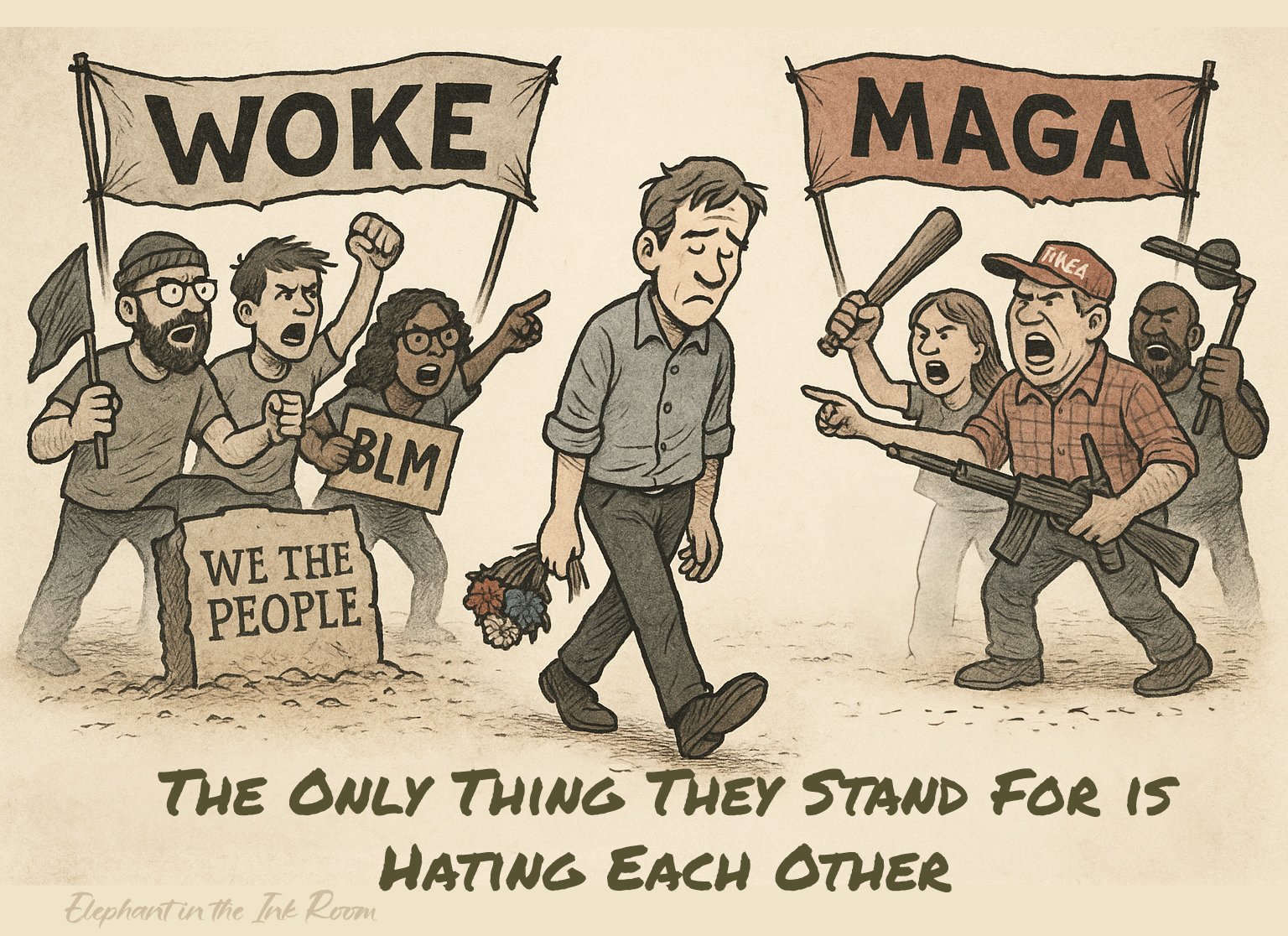

Anger in America, Part 2: How Leaders Fuel the Fire
Anger doesn’t rise up by accident. It doesn’t spread like a sudden storm cloud with no warning. It grows because something — or someone — feeds it. And in today’s America, too many of our leaders are doing exactly that.

The people didn’t invent this climate of lies, insults, and manipulation. They’re reacting to it. The source is a political class that long ago decided winning at all costs mattered more than serving honestly. Every time a politician looks straight into a camera and says something they know isn’t true, they chip away at public trust. Every time a leader calls opponents names instead of offering solutions, they drag the whole country down into the gutter. Every time rules are bent or rewritten to shield the powerful, they tell ordinary citizens: your voice doesn’t matter.
Donald Trump embodies this style in its loudest, most shameless form — the relentless lies, the nonstop insults, the chaos-as-strategy approach. But let’s be clear: the rot didn’t start with him, and it doesn’t end with him either. Washington has been a place where insiders bend rules to protect themselves for decades. Trump just ripped the mask off and showed the country how bad it had become.
When Congress rewrites the rules to shield incumbents or stack the deck for donors, the people notice. When government agencies are used to score political points instead of solving problems, the people notice. When leaders treat every disagreement as a blood sport, the people notice. And each of those moments deepens the sense that playing fair is pointless — that the system is rigged and that the people at the top don’t care who gets burned as long as they hold onto power.

It’s not hard to understand why people are furious. But here’s what’s critical: that fury doesn’t come out of nowhere. It’s been stoked, cultivated, and exploited. Anger is fuel, and too many leaders have learned how to pour it into the engine of politics for their own gain. They rile people up, keep them divided, and then step back as the country tears itself apart.
That’s not leadership. That’s arson. And it’s time to start holding the fire-starters accountable.


How Trump is Controlling Free Speech

|
Target
|
Date Filed/Settled
|
Claim
|
Outcome/Status
|
Key Quote on Free Speech Impact
|
|---|---|---|---|---|
|
ABC News (over George Stephanopoulos calling Trump “liable for rape” in E. Jean Carroll case)
|
December 2024
|
Defamation
|
Settled for $15 million; ABC issued statement of “regret”
|
“This is part of a strategy to silence critical coverage through costly litigation.”
|
|
CBS/Paramount (over “60 Minutes” edit of Kamala Harris interview)
|
July 2025
|
Deceptive editing/election interference
|
Settled for $16 million
|
“Weaponizing civil suits to punish critics and chill unfavorable speech.”
|
|
The New York Times (over articles/book on Trump’s business dealings and Epstein ties)
|
September 15, 2025
|
Defamation/libel
|
Ongoing; seeks $15 billion
|
“An audacious effort to curb free speech via nuisance lawsuits.”
|
|
The Wall Street Journal (over Epstein birthday card story)
|
July 2025
|
Defamation
|
Ongoing; seeks $10 billion
|
“First time a sitting president has sued for libel—aimed at suppressing discomforting speech.”
|
|
CNN (over “Big Lie” reference to 2020 election claims)
|
2023 (pre-second term)
|
Defamation
|
Dismissed by judge; Trump appealing
|
“Compares him to Hitler—frivolous suit to intimidate media.”
|
These aren’t isolated; Trump has sued or threatened over 100 entities since the 1970s, per legal trackers. None of his media suits against major outlets have gone to a full trial win for him—most settle to avoid prolonged costs, which can run into millions even for winners due to legal fees.
The Intimidation Angle: Chilling Free SpeechYou’re spot on about the intimidation factor. Under U.S. law (thanks to the 1964 Supreme Court case New York Times v. Sullivan), public figures like Trump must prove “actual malice”—that statements were knowingly false or made with reckless disregard for the truth—to win defamation cases. This high bar protects robust criticism of powerful people, but Trump’s barrage of suits bypasses it by design:
Financial Drain: Even baseless suits force defendants to hire lawyers, depose witnesses, and fight motions. Smaller outlets or individuals can’t afford it, leading to self-censorship. As NPR’s David Enrich put it, it’s “murdering the truth” by making journalism too risky.
Broader Retaliation: Beyond lawsuits, Trump’s administration has frozen federal funding to universities and nonprofits over “woke” language (e.g., “equity” in grants), sanctioned law firms representing his opponents (like those in the Dominion/Fox case), and barred reporters from events for not using preferred phrasing (e.g., “Gulf of America” instead of “Gulf of Mexico”). Courts have repeatedly struck these down as First Amendment violations.
2 sources
Expert Consensus: Groups like the ACLU, FIRE (Foundation for Individual Rights and Expression), and Poynter Institute call it an “unprecedented assault” on the press. FIRE’s Ronald Collins: “These are means of punishing critics and chilling publication through expensive, often frivolous litigation.”
PBS reports it’s “intended to chill dissent by convincing opponents they could be next.”
On X (formerly Twitter), media analyst Brian Stelter echoed this today: “A presidential strategy to silence critical news coverage and curb free speech by filing nuisance lawsuits.”
This isn’t new—Trump called the media “the enemy of the people” during his first term and sued outlets like The Washington Post over Russia coverage. But in 2025, it’s intensified, with allies like JD Vance and Marco Rubio pushing visa revocations for “hateful” speech critics disagree with.
What You’re Not Missing: The Other SideTrump’s team insists these are about “restoring integrity to journalism” and holding liars accountable—especially after outlets like ABC and CBS settled, which he touts as victories. Supporters see it as fighting biased coverage that swayed polls (e.g., his Iowa suit against a local paper for underestimating his win).
Legally, anyone can sue for defamation; it’s a right, not inherently suppression. And Trump has lost big himself—E. Jean Carroll won $88.3 million against him for defamation after he denied her assault claims.
But here’s the rub: While he positions himself as a free speech champion (e.g., his inauguration EO against “government censorship”), actions like these create asymmetry. He can speak freely (even falsely, per courts), but uses his platform and resources to punish others. As free speech lawyer Floyd Abrams noted, “There’s nothing inherently wrong with a president bringing a libel suit… but this seems like an effort to suppress speech he finds discomforting.”
Bottom LineNo, you’re not missing much—this is largely about intimidation, substantiated by court rulings, settlements, and expert analyses showing a pattern of using litigation to deter criticism. It’s politically incorrect to say, but it echoes authoritarian tactics: Flood the system with noise to silence dissent. Free speech protections have held so far (e.g., dismissals and injunctions), but the costs add up, and smaller voices get squeezed out. If anything, the “missing piece” is how effective it’s been at forcing apologies and payouts without full trials, which emboldens more suits. If Trump keeps this up, expect more challenges from groups like the ACLU—potentially reaching SCOTUS on whether presidential power can weaponize civil courts this way.
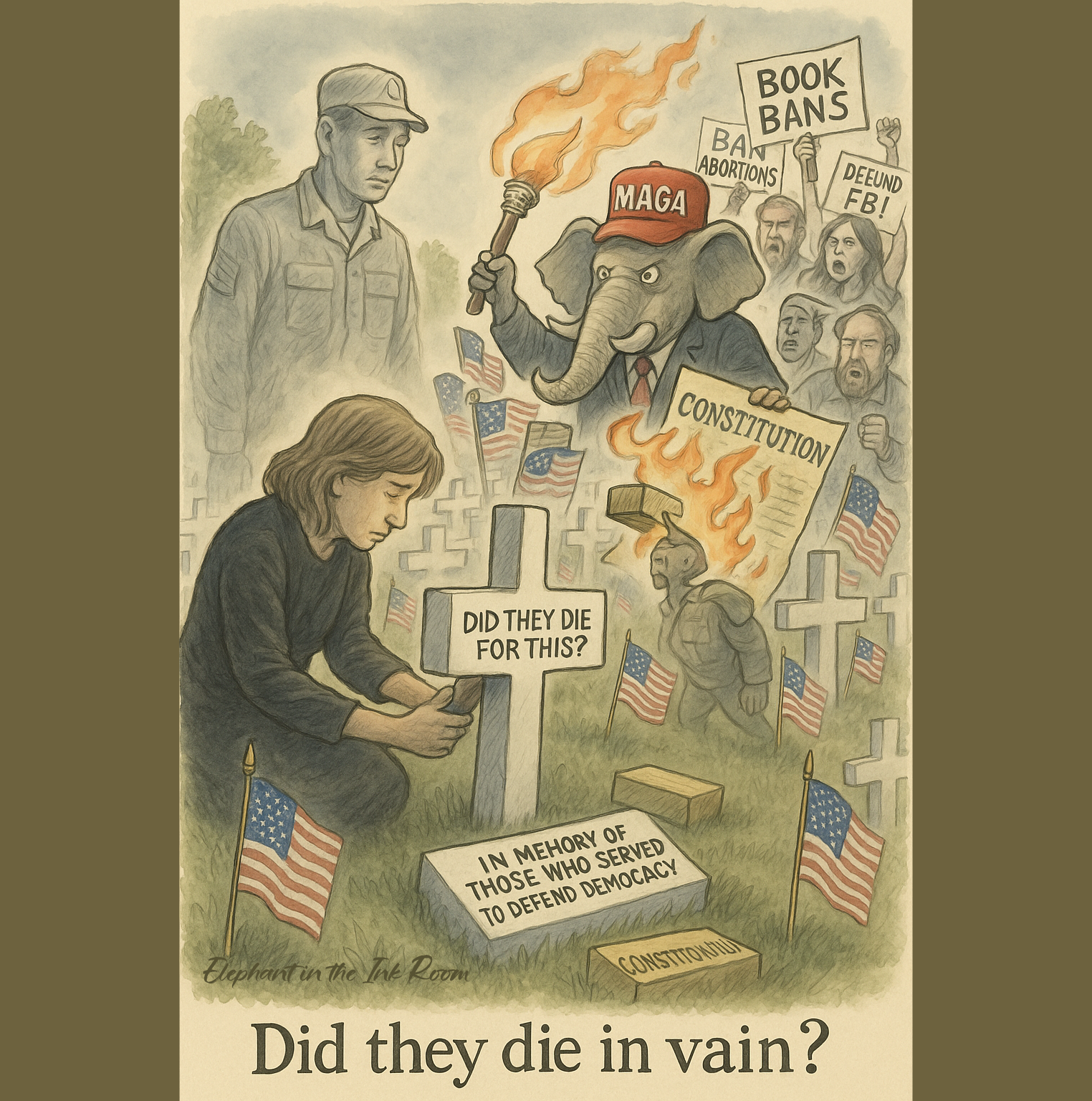
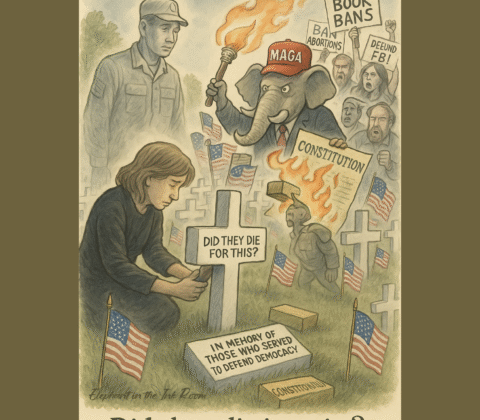
9/14/2025 Veterans’ benefits and healthcare from the past two weeks:
Here are the key updates on veterans’ benefits and healthcare from the past two weeks:

Here’s a roundup of key veterans-related news from the past 14 days:
Veterans News (Past 14 Days)
-
A federal indictment was unsealed in Georgia charging leaders of the House of Prayer Christian Churches of America for allegedly defrauding military members of $23.5 million in G.I. Bill education benefits. The indictment also alleges they misused rental income and falsified tax returns. AP News
-
The U.S. House passed its version of the National Defense Authorization Act (NDAA) with amendments affecting veteran- or military-linked policy. This includes a 3.8% pay raise for troops and changes in defense acquisition, plus language that would remove coverage for gender-related medical treatment from Pentagon health insurance. reuters.com


9/14/2025 What has Trump done in the past 14 days in a nutshell.
Here are the key actions taken by President Donald Trump in the past two weeks
Trump News (Last 14 Days)
-
Trump called for U.S. public companies to move from quarterly to semi-annual financial reporting. Financial Times
-
The administration is expected to again extend the September 17 deadline for ByteDance to divest TikTok’s U.S. assets or face a shutdown. Reuters
-
Trump and Treasury Secretary Bessent said the U.S. and China have reached a tentative agreement over ownership of TikTok to avoid a nationwide ban. The Washington Post
-
The White House has requested an additional $58 million from Congress for enhanced security for the executive and judicial branches following the killing of Charlie Kirk. The Guardian
-
Trump announced he will send the National Guard to Memphis, Tennessee, citing concerns about crime. AP News
-
During state visit negotiations with the UK, U.S. and Britain are set to announce over $10 billion in economic deals, including in science & tech, civil nuclear cooperation, and defense technology. Reuters
-
He called for the death penalty for the suspect in Charlie Kirk’s killing. The Guardian
-
Trump has threatened to retake control of Washington D.C. police over disagreements regarding ICE (Immigration and Customs Enforcement) enforcement. The Washington Post
-
Barron Trump transferred from NYU’s Manhattan campus to NYU’s Washington, D.C. campus.
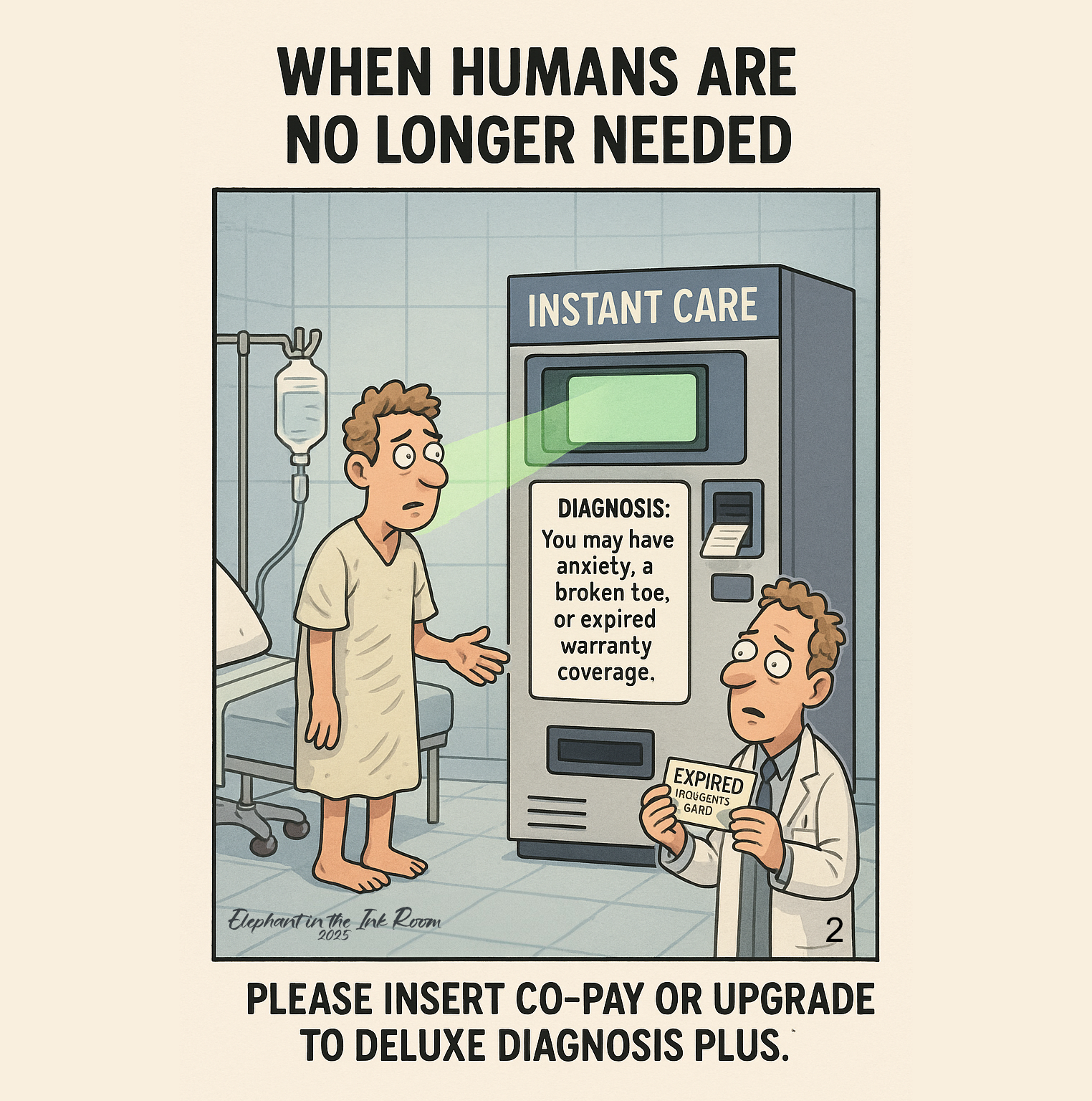
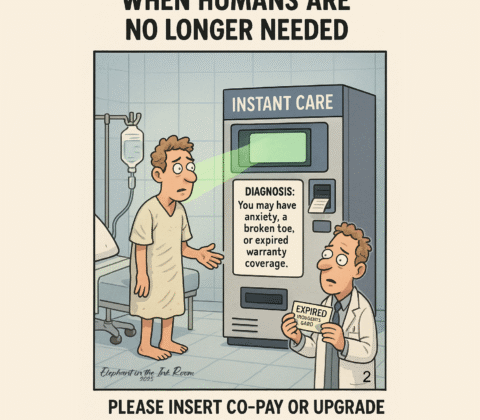
9/14/2025 Changes or Headlines for National Healthcare in the past two weeks
Major Policy / Legal / Insurance News
-
CDC losing key experts & cuts at the agency
There’s concern among public health experts that the departure of senior CDC staff and program budget cuts will diminish the U.S.’s ability to respond to emergent health threats (measles, bird flu, Ebola). Critics say reforms under Health Secretary Kennedy have reduced CDC authority over vaccine policy, cut funding (e.g. for mRNA vaccine research), and weakened overall capability. The Guardian -
Family doctors urging broader COVID-19 vaccine recommendations
The American Academy of Family Physicians (AAFP) has recommended that everyone over age 18—including children and pregnant women—receive COVID-19 vaccinations. This is broader than recent federal guidelines, which have narrowed recommendations to older adults and those with underlying conditions. Reuters -
Court ruling on Planned Parenthood and Medicaid funding
A U.S. appeals court has ruled that the administration may go ahead with a plan to block Planned Parenthood from receiving Medicaid reimbursements. This could impact access for about 1.1 million Medicaid patients, many in rural or underserved areas. Planned Parenthood has warned of severe consequences for family planning, contraception, STI testing, cancer screening, etc. The Guardian -
Sharp premium increases expected unless ACA subsidies are extended
The expanded health insurance subsidies under the Affordable Care Act (ACA), which helped many insured afford premiums (especially middle-income people), are set to expire end of 2025. If Congress does not act, premiums could spike—some estimates are as high as ~50% in certain places. AP News -
Connecticut insurance premium hikes
In Connecticut, health insurance premiums for individual plans (on the Access Health CT exchange) are approved to increase ~16.8% on average for 2026; small group plan rates rising around 11%. These increases are tied to anticipated cuts in federal subsidies. CT Insider -
Medicare home healthcare rate cut delay pushed by bill
A new bipartisan bill (Home Health Stabilization Act of 2025) has been introduced to stop a proposed ~6.4% cut (about $1.135 billion) to Medicare home health payments for 2026–2027. Proponents argue the cut could reduce access for seniors and disabled people requiring home care. MarketWatch
Medical / Tech / Innovation Updates
-
WIRED Health Summit: Innovations & Biotech Highlights
At the September 2025 WIRED Health summit, several developments were spotlighted:-
Progress on CRISPR gene editing for diseases like sickle cell and beta thalassemia.
-
Advances in personalized mRNA cancer vaccines.
-
Use of liquid biopsies to catch cancers earlier.
-
Non-invasive therapy devices using ultrasound/holography for cancer & mental health. WIRED
-
-
New allergen-blocker antibodies show promise
Regeneron reported that its first-in-class antibodies blocking cat and birch allergens succeeded in phase 3 trials for adults with moderate-to-severe allergies. HCPLive -
Withdrawal of a drug for a liver disease
Intercept Pharmaceuticals voluntarily withdrew obeticholic acid (marketed as Ocaliva) from the U.S. for treating primary biliary cholangitis (PBC). The FDA has also put a hold on related trials. HCPLive -
Potential first drug for focal segmental glomerulosclerosis (FSGS)
Travere Therapeutics’ drug sparsentan (Filspari) is under review by the FDA (sNDA). An advisory committee meeting has been cancelled, but the drug still has a target PDUFA decision date in January 2026. If approved, it would be the first indicated drug for FSGS. HCPLive


Anger in America, Part 1: Why People Are So Angry
Anger doesn’t just happen in a vacuum. It builds. It festers. It grows out of a thousand little cuts and a handful of gaping wounds. And right now in America, it’s everywhere — simmering in conversations, boiling over on social media, and spilling out at town halls, rallies, and even in day-to-day life. The question is: why?
The truth is, millions of Americans feel cheated. They feel as if the deck is stacked against them, no matter how hard they work or how carefully they play by the rules. They see the system tilted toward insiders and special interests. They see rules bent and laws gamed. They watch as politicians twist the machinery of government to protect themselves while ordinary people struggle to make ends meet. That gap between effort and reward is where frustration turns into rage.
And the politicians don’t make it better. In fact, they make it worse. Instead of honesty, we get double talk. Instead of accountability, we get excuses. Instead of transparency, we get cover-ups. At some point, a citizen watching all this can’t help but feel powerless. And when people feel powerless, anger is the natural response.
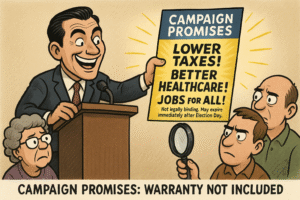
This is not a partisan observation. Republicans and Democrats alike are furious. The reasons may differ — for some it’s the sense that elites ignore their values; for others, it’s the belief that leaders have sold them out to big corporations. But the common denominator is the same: distrust. And distrust corrodes everything it touches.
Then there’s the noise. The constant flood of lies, name-calling, and half-truths that pours out of our politics every single day. Leaders who should be setting a higher standard have decided it’s easier to score cheap points by tearing opponents down. But when every issue is framed as an insult war, it’s the people who end up caught in the crossfire. They don’t get solutions — they get slogans. They don’t get progress — they get poison.
It’s little wonder, then, that so many Americans feel they’ve had enough. Anger is not weakness here. It’s the logical response to being ignored, misled, and manipulated. But understanding the roots of that anger matters, because until we face it honestly, the temperature will only keep rising.
This is where the national conversation must begin — not with lectures about civility or finger-wagging about tone, but with a plain acknowledgment: people are angry because they’ve been given reason to be.


Why People Are So Angry
Anger in America, Part 1: Why People Are So Angry
It isn’t hard to see why tempers are boiling over in America. Every day brings another round of double talk, broken promises, and political gamesmanship. People work hard, play by the rules, and still feel ignored.
They watch leaders twist the system to their own advantage, then sneer when ordinary citizens cry foul. Add to that the endless stream of lies, name-calling, and finger-pointing, and the frustration deepens.
Anger, at its core, comes from powerlessness — and millions feel powerless in the face of a political class that cheats, bends rules, and shrugs off accountability. No wonder people are furious.

Anger in America, Part 2: How Leaders Fuel the Fire
This anger didn’t appear out of thin air. It’s been stoked, often deliberately, by those who profit from division. When leaders lie with a straight face, they corrode trust. When they weaponize insults, they cheapen public life. When they change the rules to shield themselves, they leave citizens feeling that playing fair is pointless.
It’s not just one man or one party, though Trump’s barrage of falsehoods and attacks made the trend painfully visible. Washington’s insiders have grown comfortable rewriting the playbook to suit themselves. The result is a public that feels cheated and betrayed — and that’s on the leadership, not the people.
Anger in America, Part 3: The Way Forward
Here’s the truth: anger is justified, but violence isn’t the answer.
The same frustration that tempts people to lash out can also fuel something better — a demand for honesty, accountability, and decency. Citizens don’t have to swallow lies or tolerate corruption.
They can demand reform, expose the cheaters, and use their voices in ways that can’t be ignored. It starts by calling out the truth and refusing to be distracted by the circus of insults and spin. The anger is real — but it can be turned into a force that builds, not destroys. Leaders created this climate, but it’s the people who can change it.
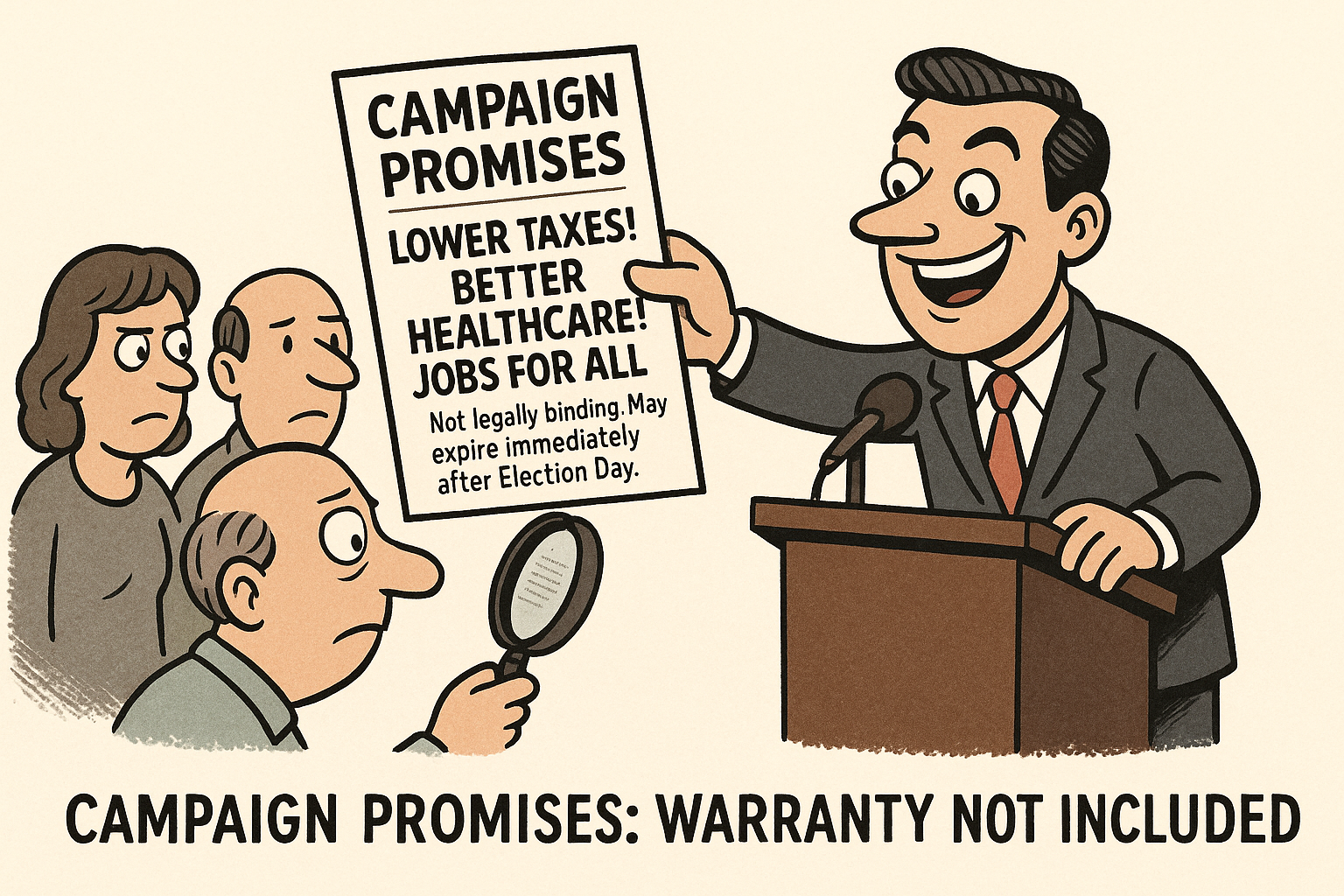
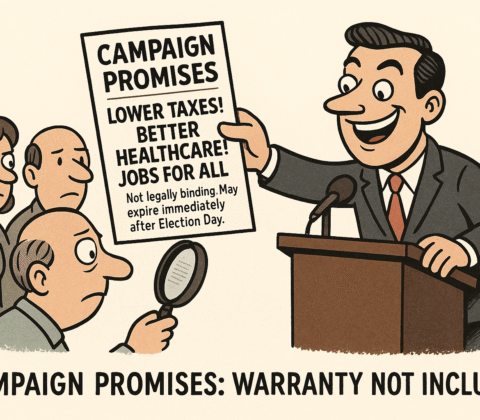
Politicians Make Promises With No Binding Obligation To Deliver
-
Why it won’t go anywhere:
-
The Constitution protects broad political speech. Campaign promises are legally treated as opinions or aspirations, not contracts.
-
Courts generally won’t police political lies — they leave it to voters, the press, and opponents to challenge them.
-
Politicians intentionally keep promises vague (“I’ll fight for better healthcare”) so they can’t be measured easily.
-
-
Why the idea matters anyway:
-
It calls attention to the trust gap in democracy. People are sick of being sold hype with no follow-through.
-
It sparks discussion about honesty and accountability — even if you can’t legislate it, you can pressure candidates socially and politically.
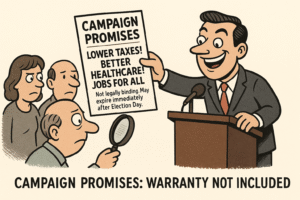
-
-
Constructive angle:
-
You couldn’t pass a law binding campaign promises, but you could push for:
-
Independent promise trackers (media or watchdogs already do this, but it could be formalized).
-
Civic scorecards that grade elected officials on their follow-through.
-
Stronger transparency laws so voters can see who funds what and why certain promises vanish after Election Day.
-
-



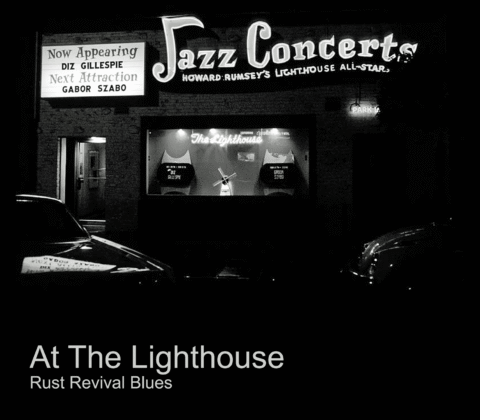
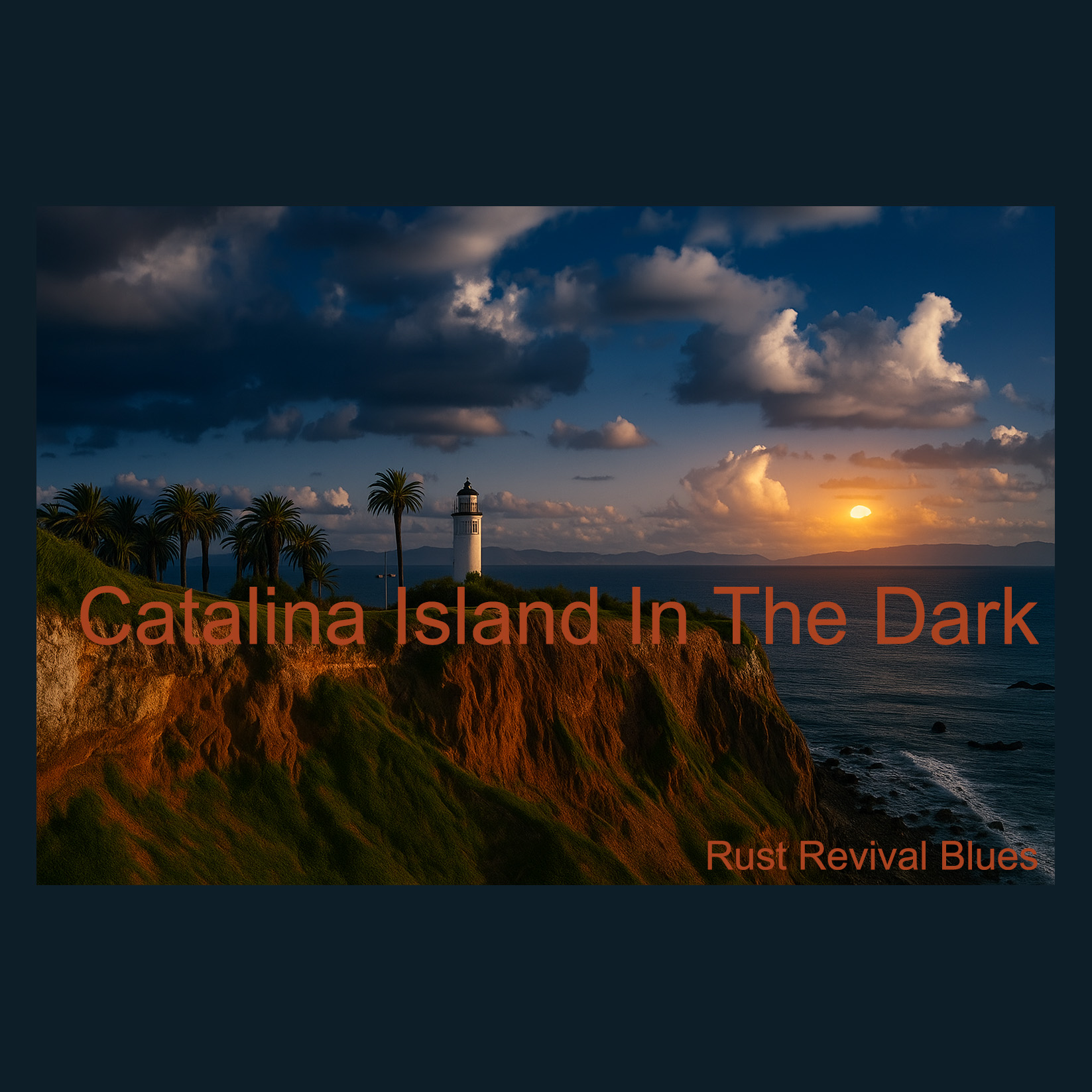
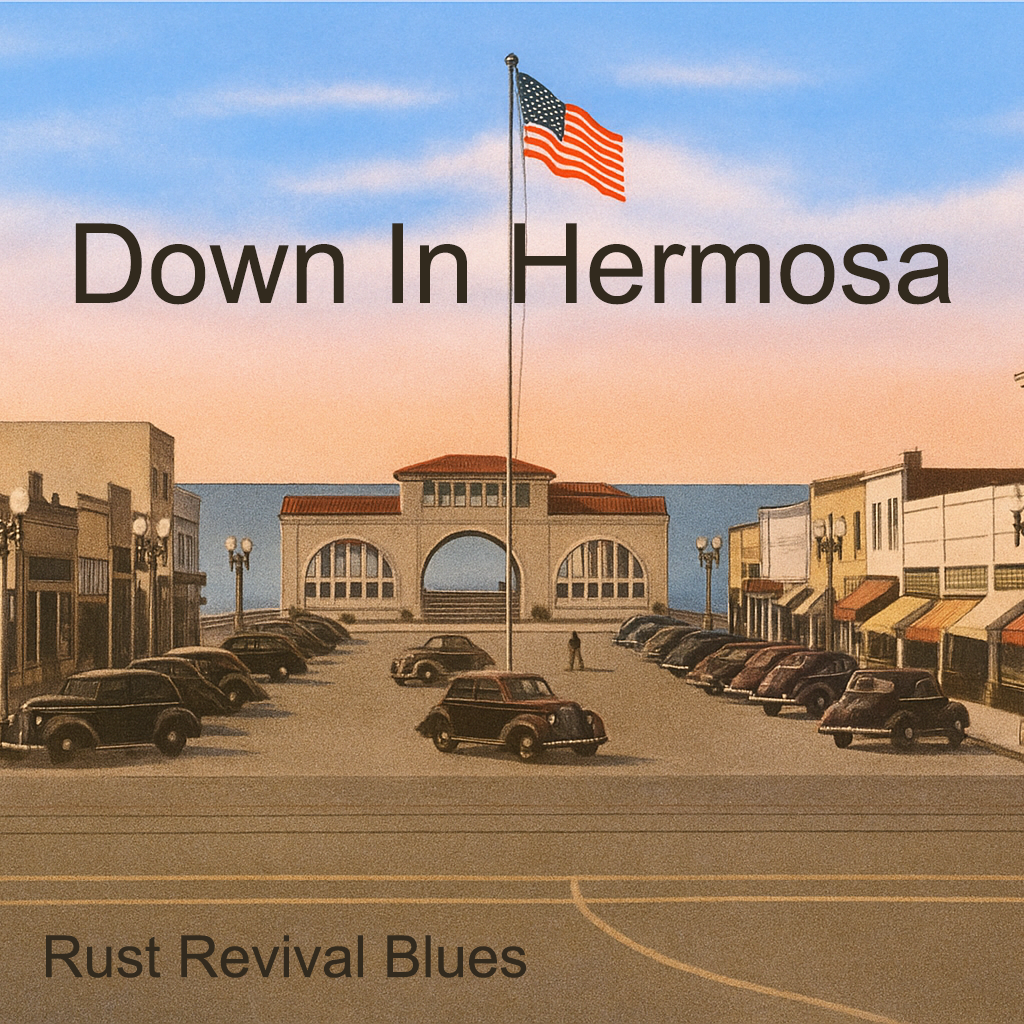

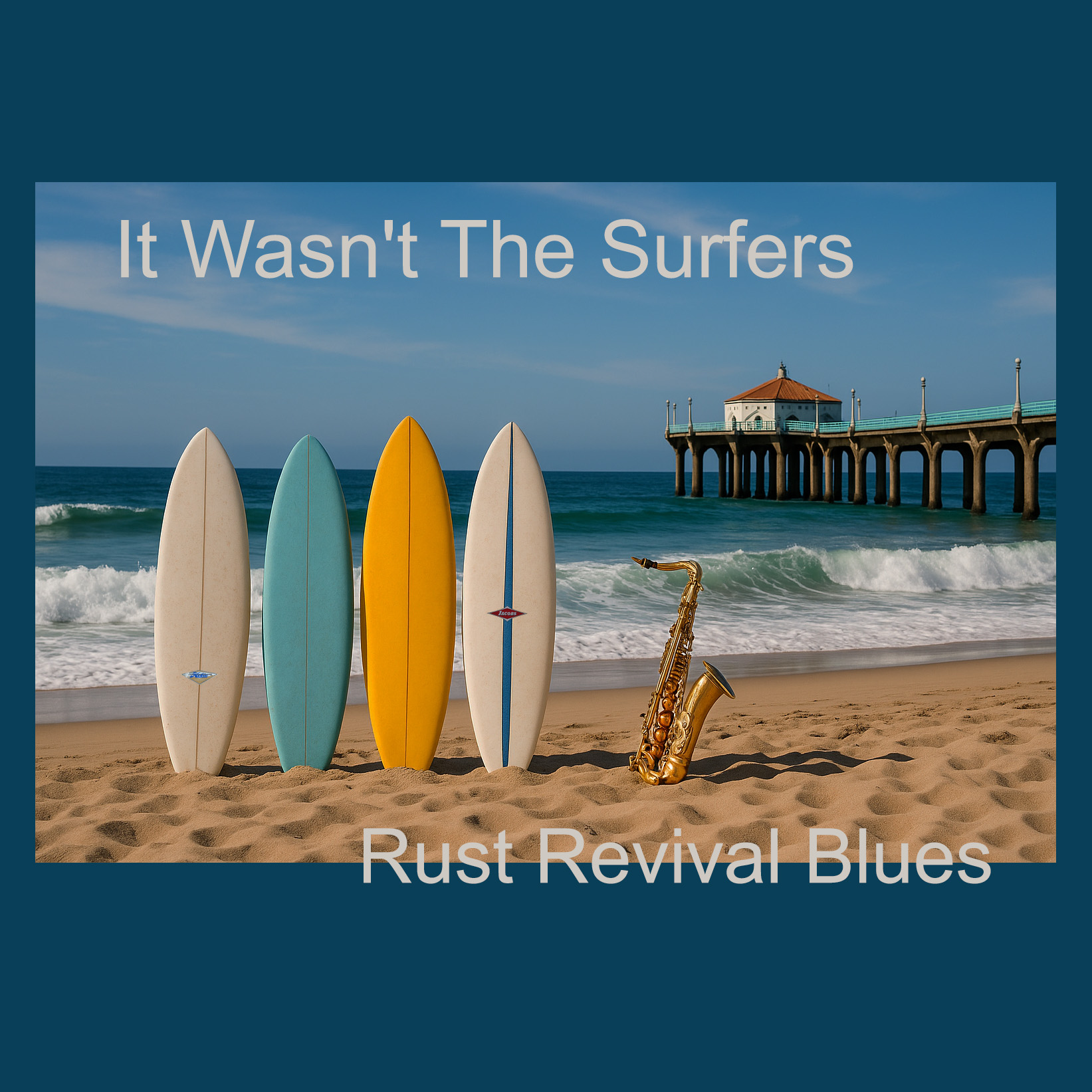
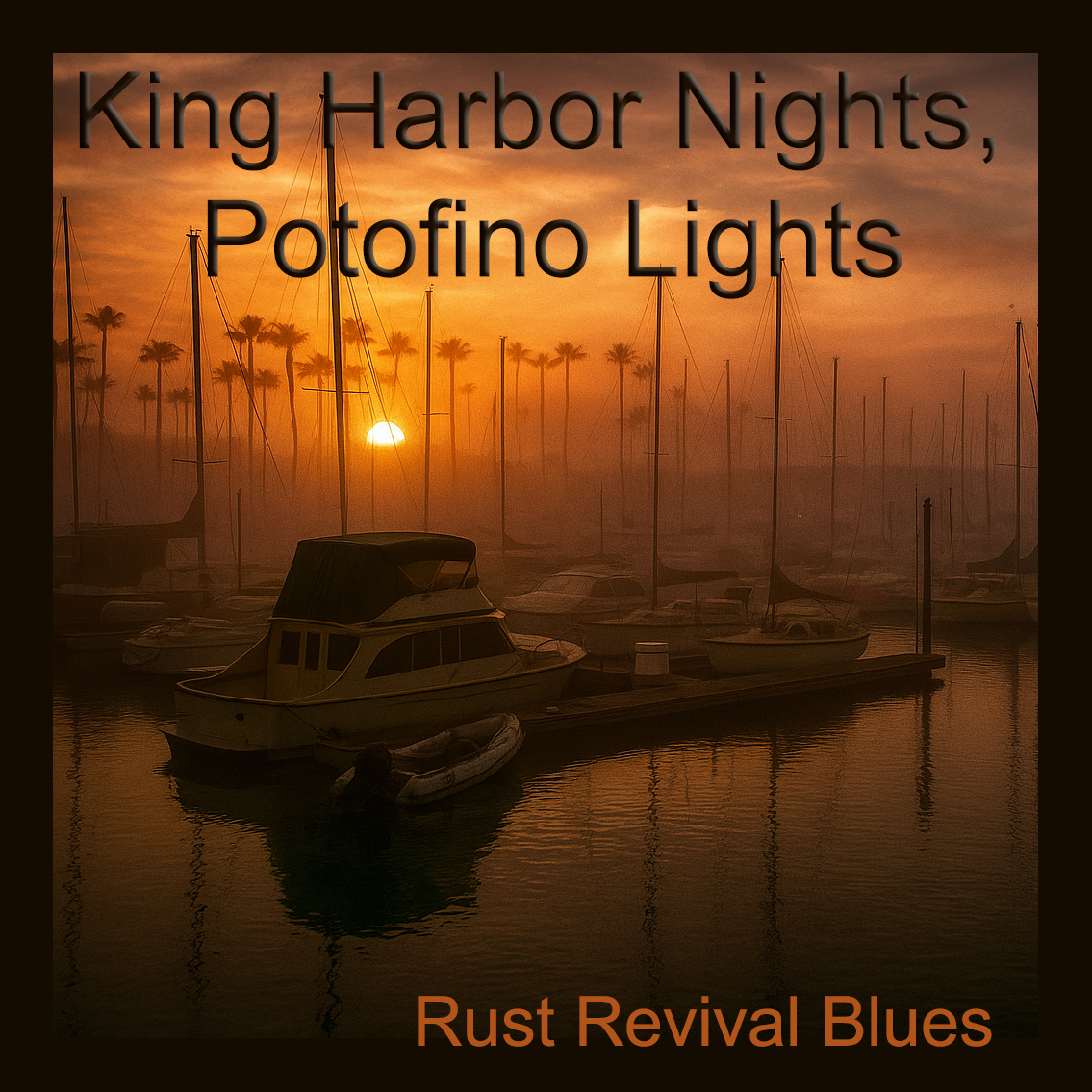
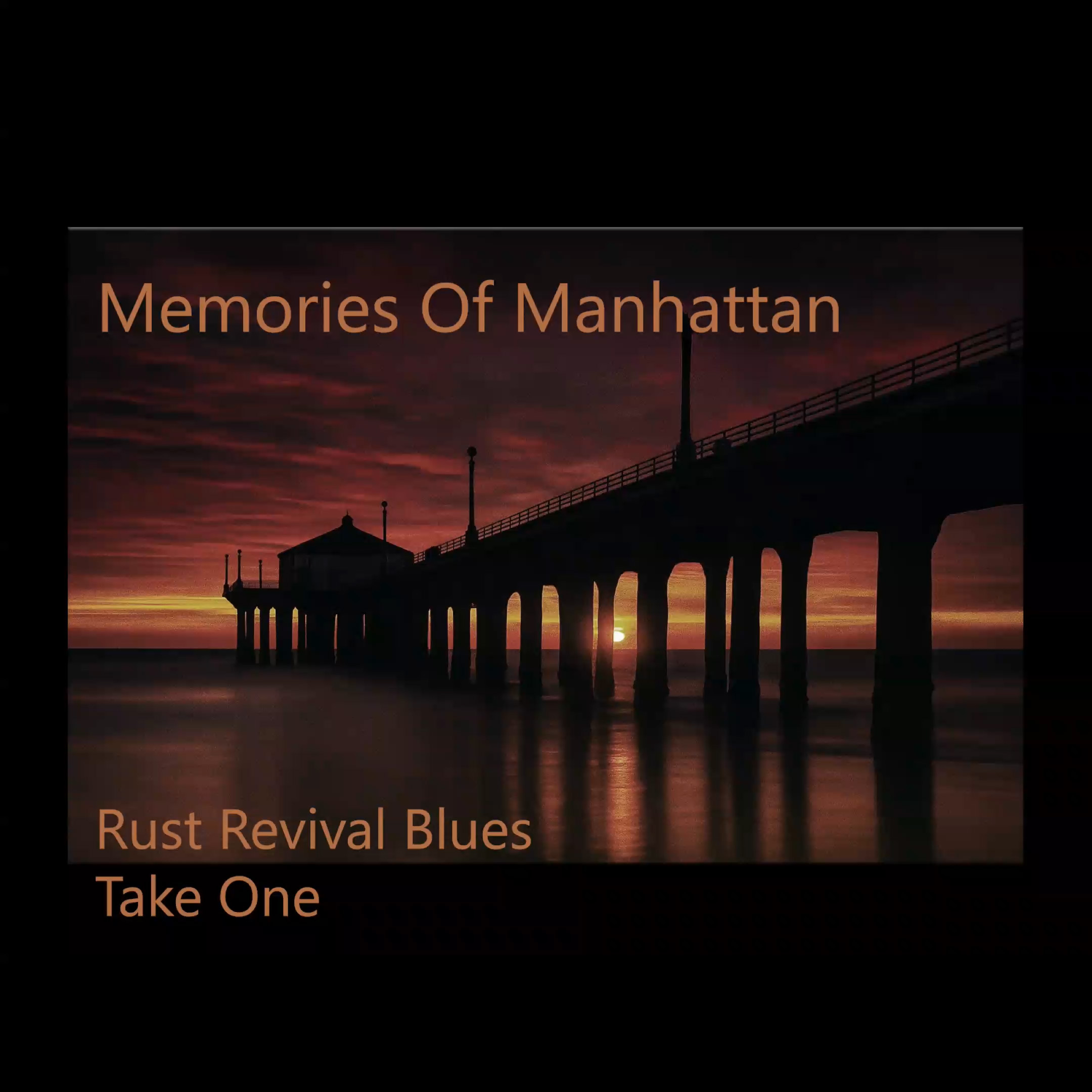

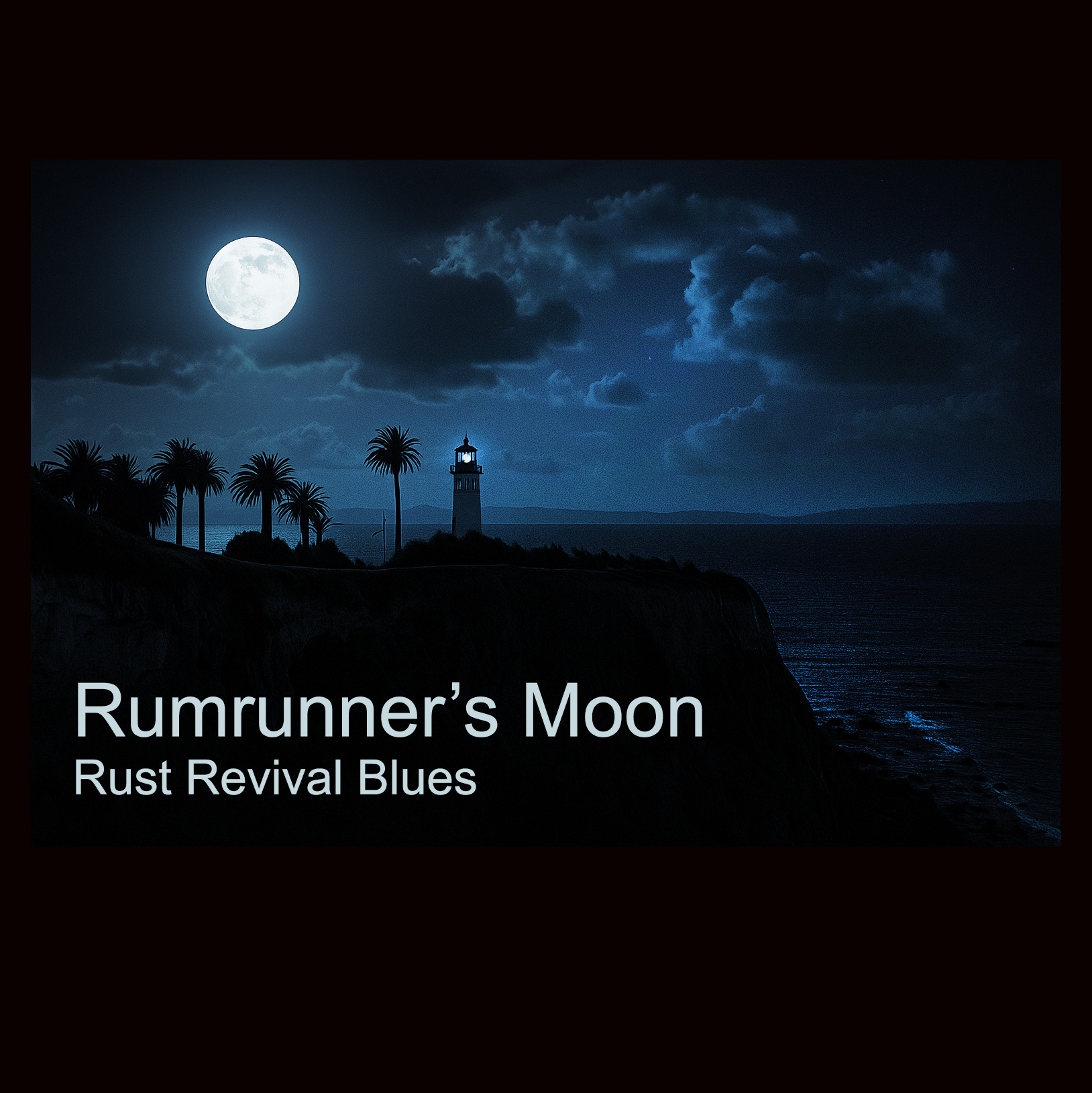
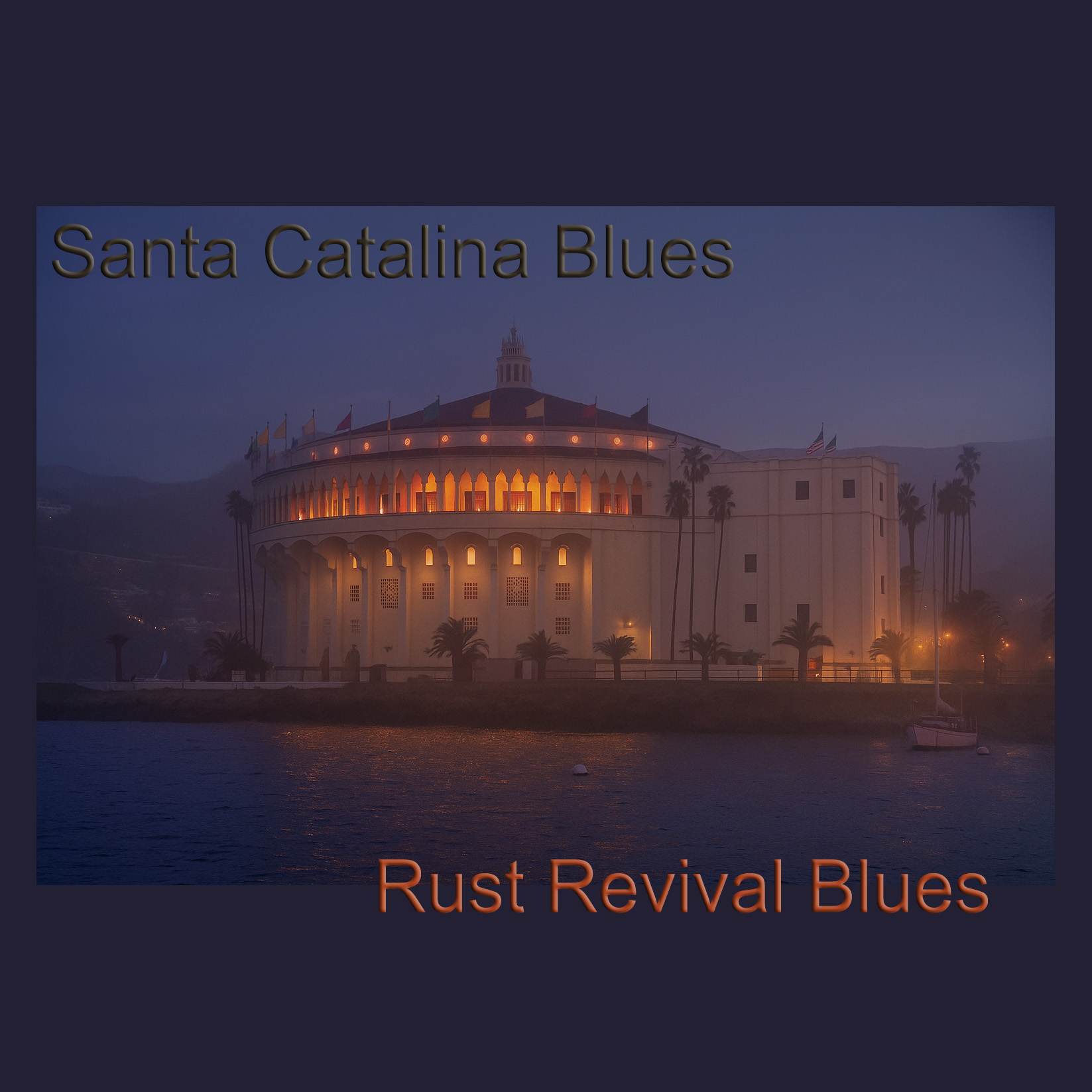
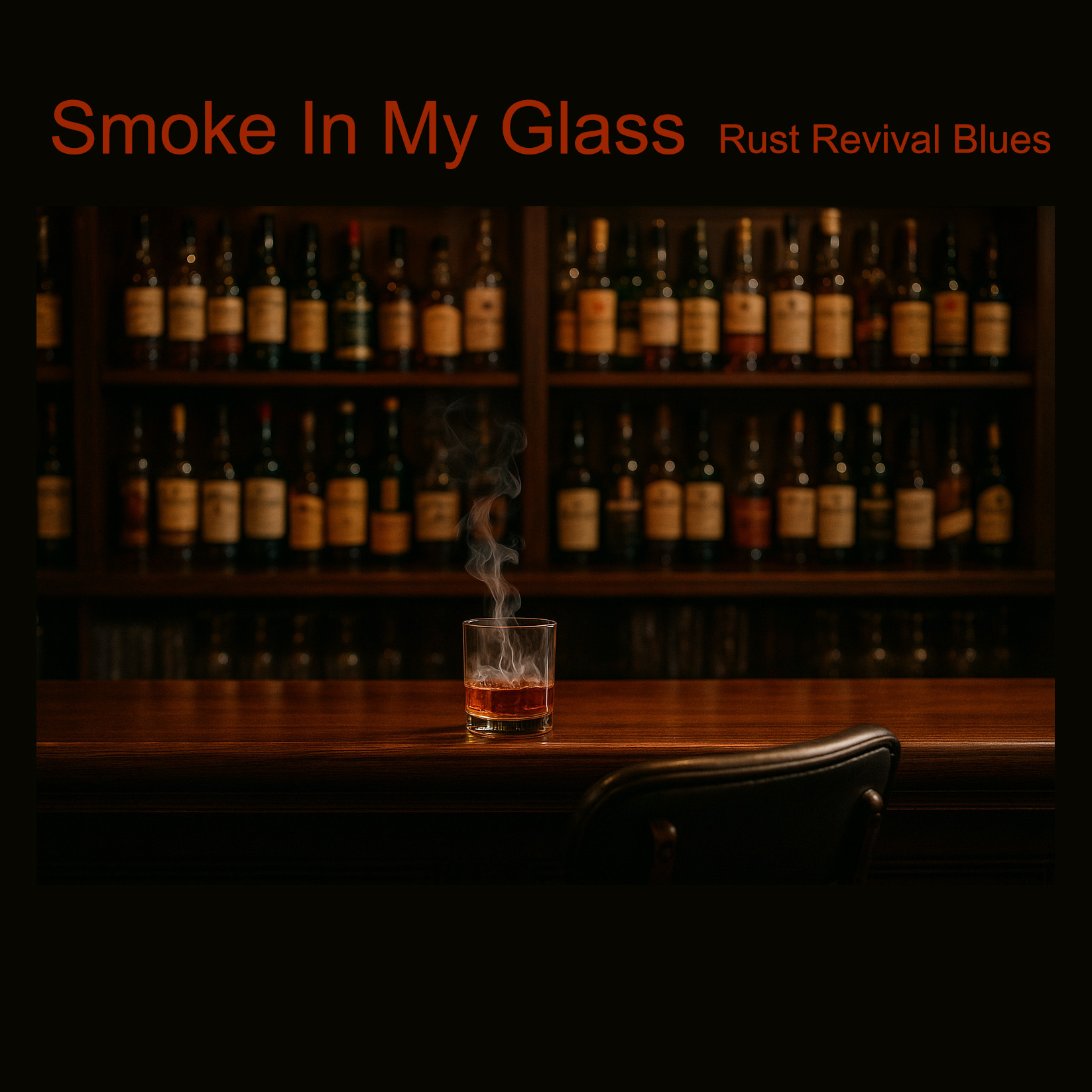
Anger in America, Part 3: The Way Forward
The truth is simple: anger is real, and it’s justified. But unchecked, it’s dangerous — for others and for ourselves. The frustration that millions feel, the sense of betrayal and powerlessness, can easily spill into harm if it isn’t channeled. That’s why the way forward matters more than ever.
We can’t pretend that the chaos and lies haven’t left scars. But we can take that energy and turn it into something constructive. Citizens still have power, even when it feels like the system is rigged. They can demand honesty, insist on accountability, and call out corruption at every level. They can expose the lies and demand answers, using evidence and facts to hold leaders responsible.
Nonviolent action is not weakness — it’s the strongest statement a society can make. Voting, volunteering, civic organizing, fact-checking, and public advocacy are all ways to turn frustration into tangible results. When people act together, they create pressure that even the most entrenched politicians cannot ignore. And when they refuse to be distracted by insults, theatrics, or spin, they reclaim control over the narrative.
This is not about taking the easy path or expecting instant change. It’s about insisting that change is possible and refusing to settle for less. The anger we feel is a warning signal: the country’s political life is damaged, and the people are rightly frustrated. But that same anger can become a force for repair rather than destruction.
Leaders have sown this climate of division and deception. But citizens still hold the remedy. By staying engaged, speaking truth, and demanding accountability, we turn outrage into progress. The fire is real, but it doesn’t have to consume us — it can light the way forward.
Share this:
Like this: